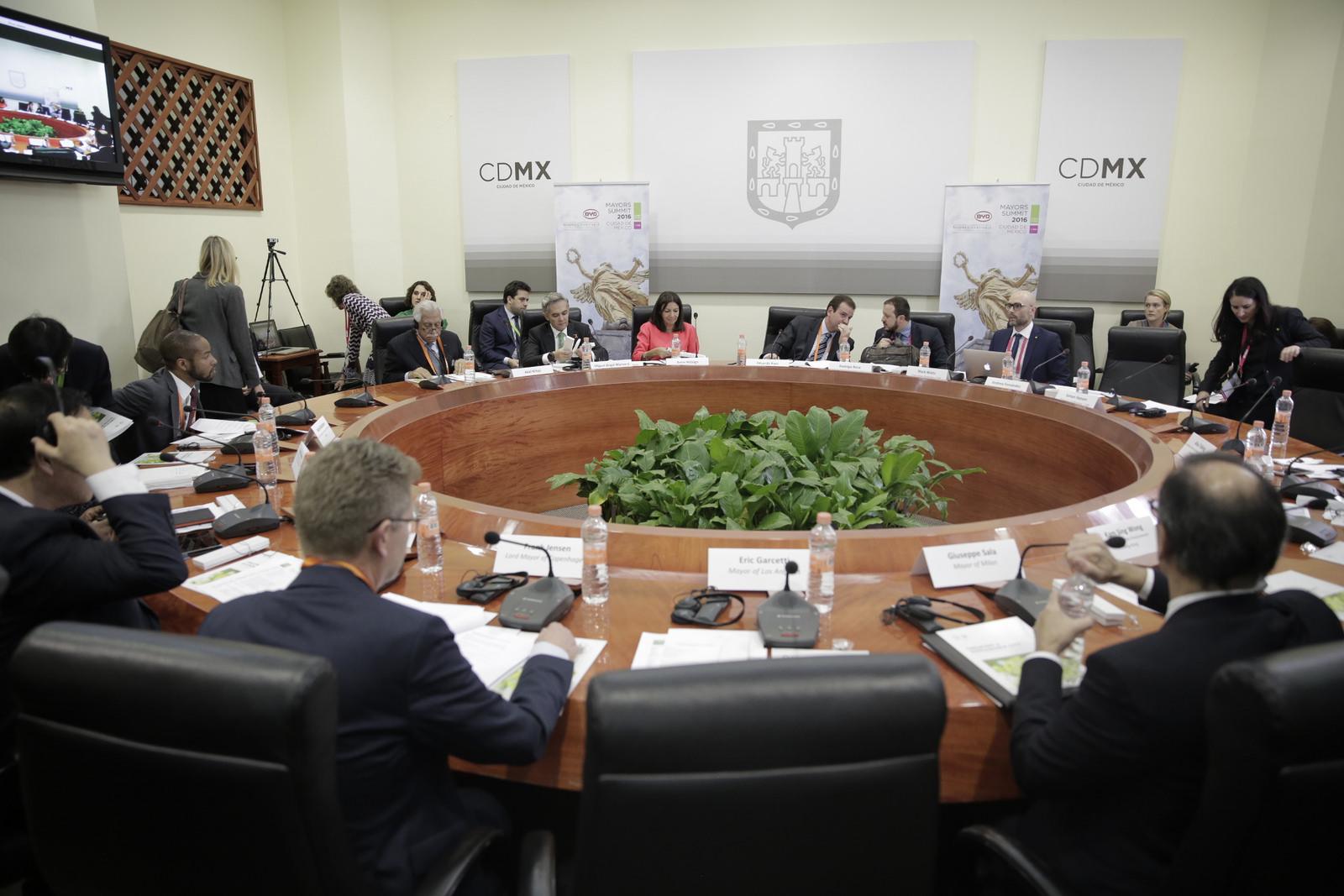
Carl Spector joined the panel of judges at the Code for Impact design competition focused on reducing urban greenhouse gas emissions.
On October 12th-13th, seven teams of students from across the country competed in a codeathon to develop a prototype mobile app to reduce energy use or greenhouse gas emissions in urban centers as part of the the 10th annual Climate Global Initiative University conference at Northeastern University.
I had the opportunity to judge the results as part of a panel that included Chelsea Clinton from the Clinton Foundation, Donnel Baird of BlocPower, John Cleveland from Boston’s Green Ribbon Commission, and Gwen Ruta of the Environmental Defense Fund.
As the enthusiastic, yet critical judges, we took a minute or two each to provide our feedback after each presentation. The students didn’t have to code a completed app, but they did have to come up with an effective concept and a clear, feasible path for development and use. The teams laid out their motivation, mechanism, and predicted results for us in concise, vibrantly illustrated five minute presentations.
Student proposals tackled a variety of problems. One was a tool for visualizing how a building could be made more energy-efficient. Another calculated the best travel route between two destinations based on minimalizing greenhouse gas emissions (not always the same as the shortest or fastest route).
Our panel’s favorite was an app that tracked the quantities and dates of users’ food purchases and recommended recipes to them that used the fresh, spoilable ingredients before they went bad. The potential value of the app was immediately clear to me, especially considering how much food is wasted and how this contributes to increased energy use and greenhouse gas emissions.
Like similar music or movie-based apps that recommend future purchases based on previous input, I liked how the app was individualized to recommend new food ideas for people over time.
It certainly gave me a lift to see the coupling of the students’ concern for the environment with their technical knowledge and creativity. When I had a chance to talk with some of them after the event, they asked me questions about how the City of Boston is addressing climate issues. Innovative as students are, it was clear from their presentations that they were ready and eager to contribute to the solutions.


Recent Comments